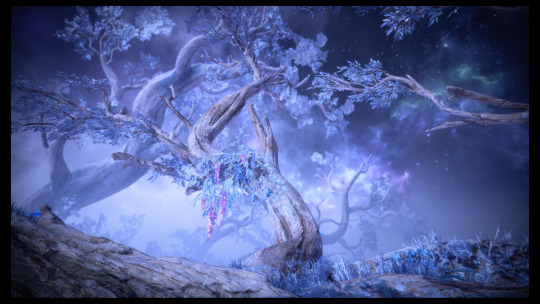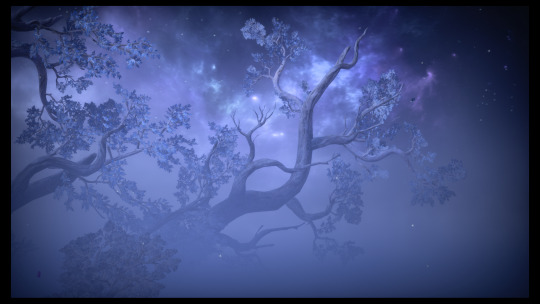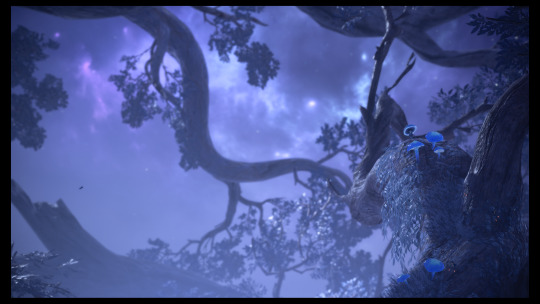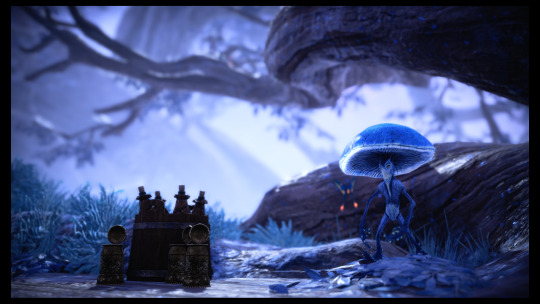#and my prof who does translations professionally said mine were better than his and he actually speaks the language
Explore tagged Tumblr posts
Photo








An ash I know stands, Yggdrasil by name, a high tree, drenched with bright white mud; from there come the dews that drop in the dales, it always stands green over Destiny’s well.
The Poetic Edda, Völuspá 19 Andy Orchard’s translation, 2011
Twitter | Instagram | Print Store | linktree
#god of war#god of war ragnarok#environment#stags of the four seasons#yggdrasil#virtual photography#my screenshots#bellow's translation remains my favorite of the open sourced translations#but i wanted to use a different translation than one i've already used#and i like the destiny's well bit#since this game is so focused on destiny#i'd love to one day do my own translation#fun fact you actually do not need to be fluent in a language to do a translation of text#you just need a good dictionary the source material and a lot of time and patience#i did lots of text translations in college#and my prof who does translations professionally said mine were better than his and he actually speaks the language#and i most certainly did not#so i bet i could do it#like i said i'd need time tho and i do not#anyway the great ash is very special to me
4 notes
·
View notes